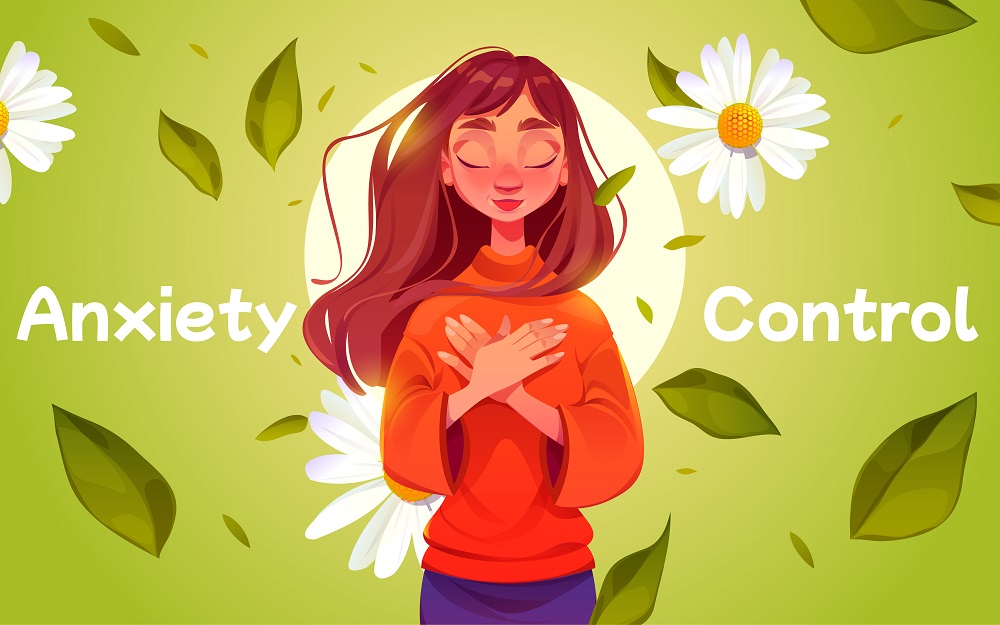
Feeling of ‘Anxiety’ is a natural emotion. Whenever one feels challenged / threatened / worried, it is a normal human response to feel anxious. However, when this anxiety becomes overwhelming to a point of hampering one’s daily routine, it becomes a ‘Disorder’. There are various types of anxiety disorders. This article discusses one of the very common and interesting type, namely Illness Anxiety Disorder (IAD).
Persons suffering from IAD are excessively preoccupied with the idea of being seriously ill even though there is no medical evidence to support presence of an illness.
Even simple aches and pains scare them into thinking that something is seriously wrong with their body.
This scary feeling leads them to feel panicky and distraught.
It only goes when a person gets reassured by a doctor, who after evaluating him/her tells that nothing is wrong with his/her health. Unfortunately, this feeling lasts only till the next symptom emerges and this cycle of doctor consultation, investigations and reassurance continues.
Frequent doctor shopping [visiting multiple doctors] is a hallmark of this problem.
Ensuing complications like multiple absenteeism, decreasing performance at work or in academics, failure to complete important tasks and responsibilities, add to the person’s frustration.
Many a times, such persons take help of alcohol or other addicting substances to overcome their anxiety, which in turn ends up complication the problem even more.
Individuals suffering from IAD, especially the well-educated ones, try to take matters into their own hands by extensively reading about their symptoms on internet, or by consulting various specialists, or trying out various fad diets and therapies with the aim to find that ‘illusive’ explanation for their symptoms and cure for their malady.
However, instead of helping, all these endeavors end up increasing their dread and complicating their problem.
So, how do we go about treating this disorder?
Mental health professionals usually advocate a ‘Four-pronged strategy’ to address this issue of illness anxiety which includes:
– Dr. Mayur Muthe, MD
Consulting Psychiatrist, Jalgaon
(Article published in June 2022 issue of MIND MATTERS,
an online publication on mental health by Rotary District 3030)

Feeling of ‘Anxiety’ is a natural emotion. Whenever one feels challenged / threatened / worried, it is a normal human response to feel anxious. However, when this anxiety becomes overwhelming to a point of hampering one’s daily routine, it becomes a ‘Disorder’. There are various types of anxiety disorders. This article discusses one of the very common and interesting type, namely Illness Anxiety Disorder (IAD).
Persons suffering from IAD are excessively preoccupied with the idea of being seriously ill even though there is no medical evidence to support presence of an illness.
Even simple aches and pains scare them into thinking that something is seriously wrong with their body.
This scary feeling leads them to feel panicky and distraught.
It only goes when a person gets reassured by a doctor, who after evaluating him/her tells that nothing is wrong with his/her health. Unfortunately, this feeling lasts only till the next symptom emerges and this cycle of doctor consultation, investigations and reassurance continues.
Frequent doctor shopping [visiting multiple doctors] is a hallmark of this problem.
Ensuing complications like multiple absenteeism, decreasing performance at work or in academics, failure to complete important tasks and responsibilities, add to the person’s frustration.
Many a times, such persons take help of alcohol or other addicting substances to overcome their anxiety, which in turn ends up complication the problem even more.
Individuals suffering from IAD, especially the well-educated ones, try to take matters into their own hands by extensively reading about their symptoms on internet, or by consulting various specialists, or trying out various fad diets and therapies with the aim to find that ‘illusive’ explanation for their symptoms and cure for their malady.
However, instead of helping, all these endeavors end up increasing their dread and complicating their problem.
So, how do we go about treating this disorder?
Mental health professionals usually advocate a ‘Four-pronged strategy’ to address this issue of illness anxiety which includes:
– Dr. Mayur Muthe, MD
Consulting Psychiatrist, Jalgaon
(Article published in June 2022 issue of MIND MATTERS,
an online publication on mental health by Rotary District 3030)
